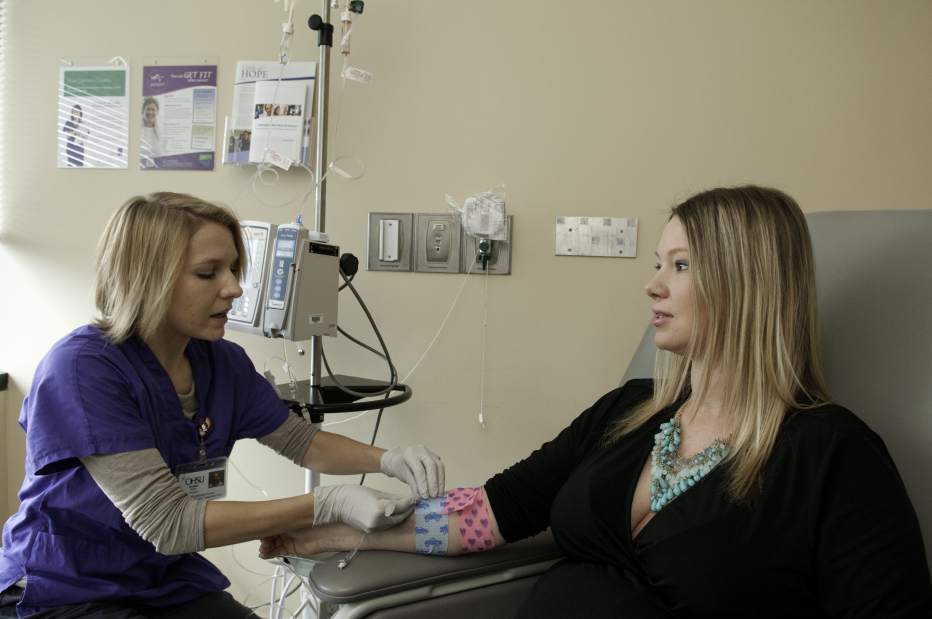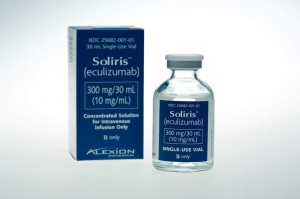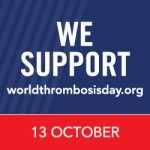
Expensive Drug Keeps Soon-to-be Mommy In Fight for her Life (and her Baby’s)
February 3rd, 2014; Posted by: WeBleed staff
Lily Perkins was recently diagnosed with paroxysmal nocturnal hemoglobinuria (PNH) a very rare immune disorder in which the body’s immune system destroys its red blood cells. PNH affects 1, maybe 2, out of every million people.
Ms. Perkins believes that her unborn baby saved her life. After receiving her diagnosis through tests related to her pregnancy, doctors advised Perkins to terminate the unborn child in order to save her own life. She was told that if she let the pregnancy continue that there was a 20% chance of dying.
Had she not become pregnant, her first sign of the disease may have been a fatal blood clot
“My baby is the only reason we caught this and I’m still alive,” Perkins told The Bulletin. “I felt like for the rest of my life, if I got better, I would never forgive myself.”
Faced with a tough decision, Perkins and her fiance, Silas Davis, sought a second opinion. Hematologists at Oregon Health & Science University told the couple about an alternative to abortion.
Soliris, a drug approved in 2007, that costs patients over $400,000 per year, has had a profound effect on the prognosis for patients battling PNH.
The drug, manufactured by Alexion, also happens to be the most expensive drug available in the United States and while critics tussle with its high cost, the success it has had in improving PNH patient’s quality of life is undeniable.
Luckily, Perkins has health insurance that is paying for the medication. Her doctor, an OHSU hematologist, Thomas DeLoughery, said that Soliris is working well for her.
“There’s always an issue of whether this is reflecting an underlying bone marrow disease, so that’s something we need to keep an eye out for, but so far, it seems pretty stable,” he said. “I tend to be the eternal optimist, but so far I think we’re doing good.”
“If I didn’t keep the baby, I would have felt like I had nothing to fight for,” Perkins said. “When I found out I may not be able to keep the baby, I didn’t eat for three days and I wasn’t taking care of myself. I know I would have not cared. I don’t want to sound terribly morbid, but that would not have been a great outlook to have when you’re trying to survive something.”
So, Perkins has decided on a positive outlook.
“You’re so grateful in weird ways when you’re sick,” she said. “Now it’s like all I think about is being positive. If I do think of something negative, I don’t want the baby to feel that, so I don’t let myself go there.”
Further reading: More on paroxysmal nocturnal hemoglobinuria (PNH)
webleed.org – your source for bleeding news!



